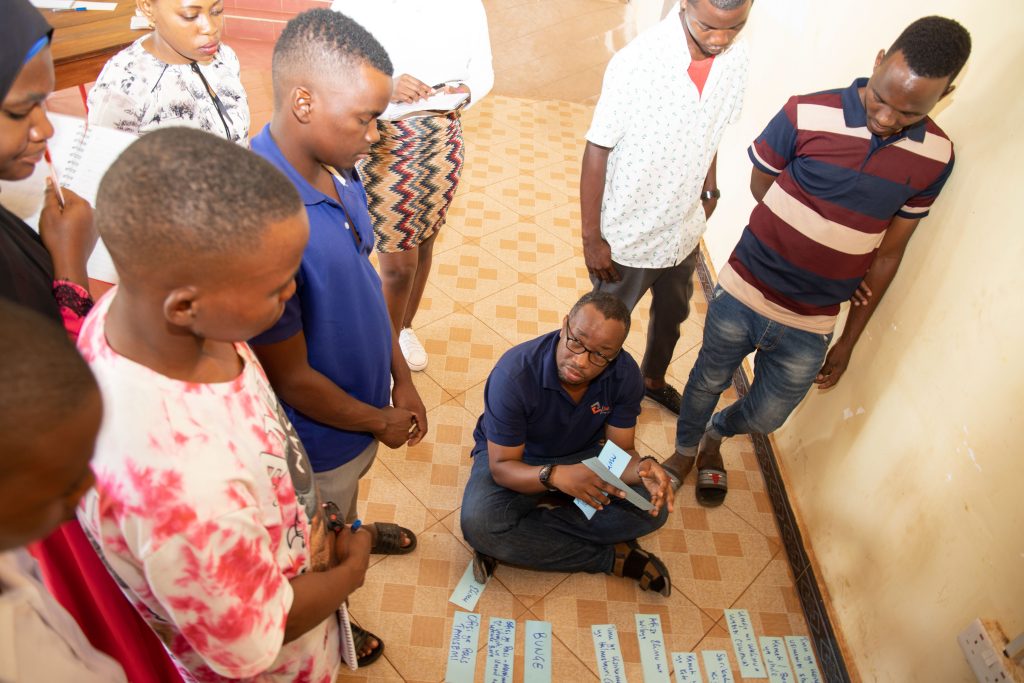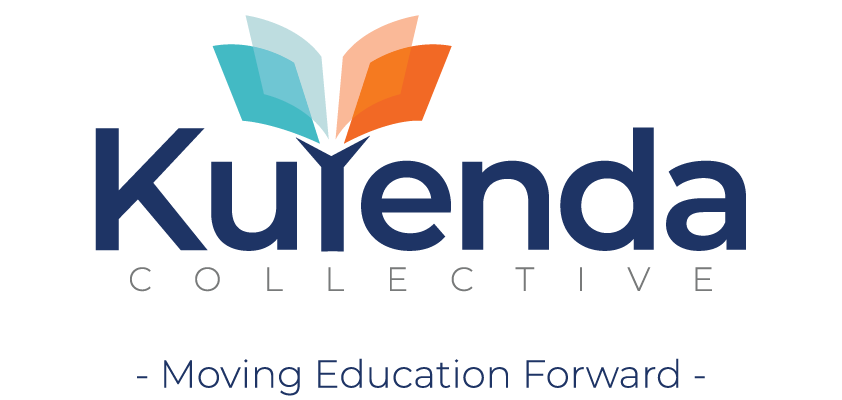Kuyenda taking a Systems Strengthening Advocacy Approach

Learning, by nature, is a broad field and a lifelong pursuit. It involves multiple stakeholders at various levels of the value chain in every field and discipline of knowledge and at every stage of life.
However, the basis of all learning capacity begins with childhood education. Therefore, the trajectory of learning outcomes throughout the lifetime of learning can be strengthened, delayed, or challenged by the delivery system around childhood (pre-primary and primary) education.
It is therefore key for the Kuyenda Collective project to approach enhancing learning outcomes by understanding SSA education systems. This lens aims to identify the root cause of the drivers of learning poverty affecting learning outcomes. In essence, this perspective is anchored in a systems approach that seeks to explore and map a complex problem by understanding the interrelationships and interdependencies between determining factors around the problem. This helps to isolate the root of a problem with many faces affecting many stakeholders. When used to evaluate a public system, it is important to appreciate that the public system has its own interconnected components affecting its delivery and these intersect and connect to the larger operating environment which has its own interrelated components.
The key determining factors that mutually reinforce positive or negative learning outcomes in childhood education are the circumstances of the learner, teacher, school inputs and school management, whether education is delivered in a public or private setting – traditional or non-traditional setting. These determining factors are interrelated and connect the components in the operating environment to those in the public education service delivery system.
The impact of COVID-19, however, has affected the processes of how these determinants perform when delivering education as a product, service or public good which adds an additional layer of connections and dependencies in the system to be mindful of when applying a systems approach.
In the interplay between correlating dependencies and relationships in a system’s components, in this case; the inputs, processes, outputs, feedback and control mechanisms around the learner, teacher, school inputs and school management, there is a flow of information and resource that either enables or disables the system. If the interplay is enabling then the system is robust, regardless of whether the interplay intersects public-private partnerships, private system actors, or non-traditional system actors. If the interplay is disabling, then there may be aspects of the components that are in entropy – not moving or feeding information and resources to other parts of the system and are in decline.
When reviewing the public education systems in Malawi, Mozambique, Tanzania and Zimbabwe, the zKuyenda Collective it is important to understand that systems thinking is yet to be explored and understood at scale when engaging with public service duty bearers and system actors. As such there is a great opportunity to listen and learn using a systems approach perspective and gather data around:
- To what extent joint action is taken between state and non-state actors in meeting a public need either through accountability mechanisms or joint resourcing or alternative solutions to meeting educational needs;
- How robust the feedback or interface is between different actors at different levels, i.e. are system actions being undertaken in a “silo mentality” or with an understanding of the holistic impact;
- Whether the above processes are accurately informed and properly resourced to create balance or dysfunction within the system.
The key will be maintaining a focus on childhood education (pre-primary and primary level with a bias towards primary) because of its compounding effect on all other learning outcomes.

